Are you looking for practical and proven techniques to regain control during panic attacks? With these effective coping skills for panic attacks, you will be able to manage your thoughts and feel more confident in dealing with this overwhelming experience.
Let’s explore some effective coping skills for panic attacks.
10 Effective coping skills for panic attacks
Panic attacks can be a frightening and overwhelming experience, but learning the coping skills for panic attacks can help you manage and reduce the impact of panic attacks.
These effective coping skills for panic attacks are the tools you need to face your fears and find peace in the midst of chaos.
1. A blanket acts as a warm hug
When you are experiencing a panic attack, you may feel like you’re losing control. A weighted blanket mimics the feeling of a hug, which can be comforting during a panic attack.
Using a weighted blanket is easy and requires no special training. Simply drape the blanket over your body. The weight of a weighted blanket provides deep pressure stimulation, which can help calm the nervous system and reduce anxiety.
2. Bring yourself to the present moment
Grounding techniques can be a helpful way to bring your attention back to the present moment and reduce feelings of panic and anxiety.
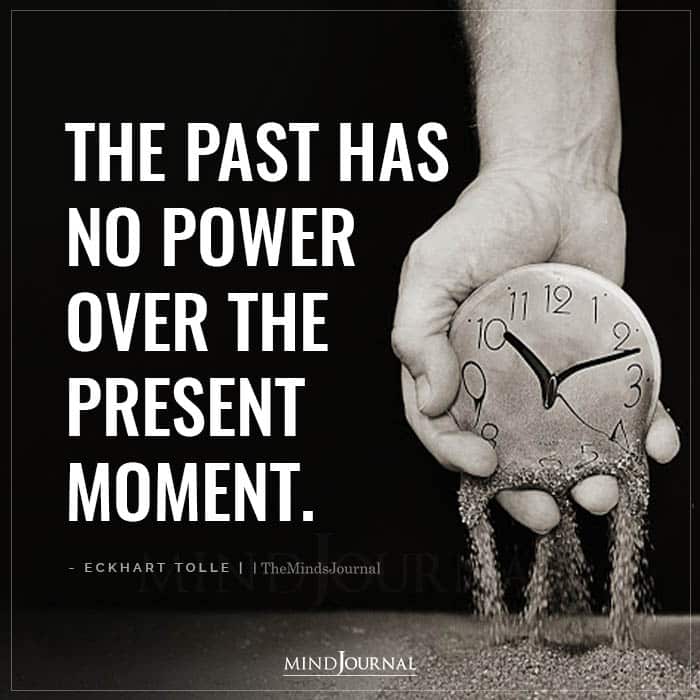
When you feel that you are going through a panic attack, take a moment to focus on your surroundings and engage your senses.
Here are some ways to practice grounding techniques as effective coping skills for panic attacks
1. Touch: Find something nearby that you can touch and focus on its texture, temperature, and weight. For instance, you might touch a soft blanket or run your fingers over the surface of a table.
2. Smell: Use scents that are calming to you, such as lavender, chamomile, or vanilla. You can use essential oils or scented candles, or simply take a deep breath and focus on the scent in the air.
3. Sound: Listen to calming music or sounds, such as nature sounds or white noise. You might also focus on the sounds around you, such as the hum of a fan or the sound of your own breathing.
4. Sight: Focus on something visually calming, such as a soothing image or a relaxing scene. You might also try counting the objects in a room or looking for specific colors.
Remember that everyone’s experience with panic attacks is different, so it might take some trial and error to find the techniques that work best for you.
3. Challenge negative thoughts
When you’re experiencing a panic attack, it’s common to have negative thoughts and beliefs that can make the situation worse.
However, by challenging these thoughts and replacing them with more positive, realistic ones, you can help reduce the intensity of the panic attack. Identify the negative thoughts that are contributing to your panic attack.
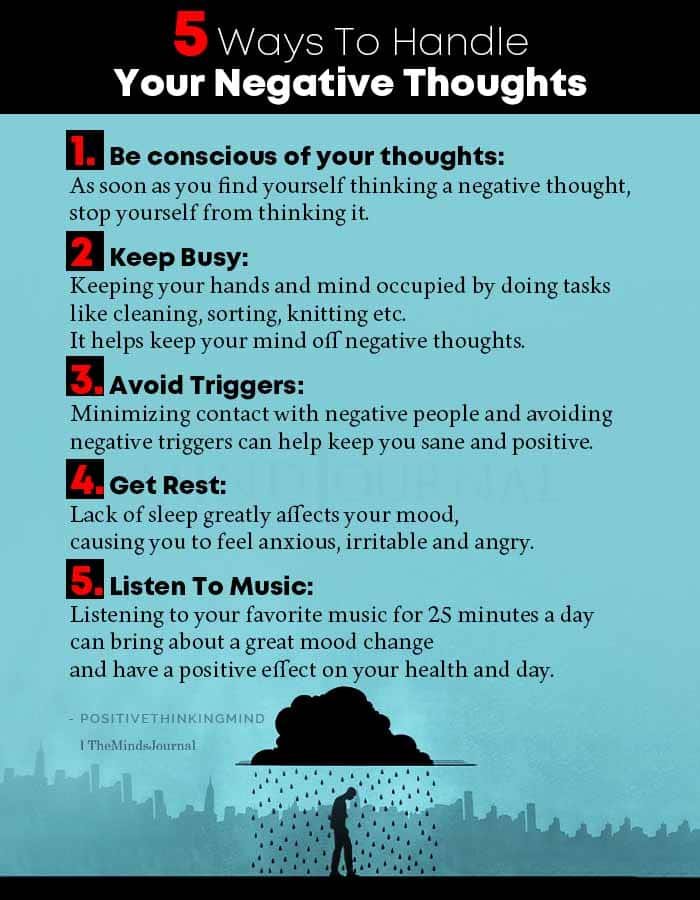
Ask yourself if these thoughts are realistic or if they’re exaggerating the situation. Try to find evidence that supports a more positive perspective.
For instance, you might be thinking “I can’t handle this” or “This is never going to end.”. Replace this with “I’ve handled panic attacks before and I can handle this one too” or “This will pass, just like it has before.”
Remember that these coping skills for panic attacks take practice, and it’s okay if you don’t get it right every time. The important thing is to keep trying and to be kind to yourself in the process.
Related – 5 Tips To Help Get Rid Of Negative Thoughts
4. Talk to your special ones
Panic attacks can be a scary and overwhelming experience. When you’re talking to someone about your feelings, it’s important to feel heard and understood.
A trusted friend or family member can provide a listening ear and validate your feelings. This can be as simple as offering a hug, holding your hand, or sitting with you. Sometimes, distracting yourself from the symptoms of a panic attack can be helpful.
A trusted friend or family member can provide distraction by engaging you in a conversation, playing a game, or doing a calming activity together.
5. Relax your muscles
Muscle tension is a common symptom of panic attacks that can make everything feel so much worse. One of the most popular and effective coping skills for panic attacks is progressive muscle relaxation.
Here’s how you can practice it
- Tense each muscle group for about 5 seconds.
- As you release the muscle, relax yourself.
- Give the muscle a full 10 seconds to relax before moving on to the next muscle group.
By doing this, you can calm your body and mind, helping to reduce anxiety and other symptoms of panic attacks.
6. Visualize yourself in peace and calm situation
Visualization can be a powerful tool to help you cope with panic attacks. It allows you to take control of your thoughts and emotions and create a sense of inner calm.
By closing your eyes and visualizing a calm and peaceful scene, you can transport your mind away from the chaos and focus on something more soothing.
It can be anything that brings you peace: a beach at sunset, a mountain meadow, or a tranquil lake. The key is to use all your senses to create a vivid mental image.
This can help distract your mind from the panic attack and reduce its intensity. So next time you feel a panic attack coming on, close your eyes and transport yourself to a peaceful scene.
7. Laughter can be really effective
When dealing with a panic attack, laughter may be the last thing on your mind, but it can actually be one of the most effective coping skills for panic attacks to help you calm down.
As laughter releases endorphins, the body’s natural feel-good chemicals, which can help reduce anxiety and stress levels.
One way to access laughter is by watching a funny video or TV show. Choose something that you know will make you laugh or bring a smile to your face. Sometimes just hearing a friendly voice and sharing a moment of humor can help distract you from anxiety and panic.
Even just a few moments of laughter can help shift your mood and reduce the intensity of the panic attack. So, don’t underestimate the power of laughter in helping you through difficult moments.
8. Splash some cold water
During a panic attack, your body can feel like it’s on fire, your heart racing, and your mind in overdrive. One effective way to help interrupt the cycle of anxiety is to try a technique known as “cold therapy.”
Splash your face with cold water or hold a cold object, like a pack of ice or frozen vegetables, against your face or neck. The sudden sensation of cold can help shock your system, distracting your mind and interrupting the panic attack.
This simple technique can be done anytime, anywhere, and can provide immediate relief when you need it most.
9. Acupressure really works
Acupressure is a natural healing technique that involves applying pressure to specific points on your body to promote relaxation and relieve pain.
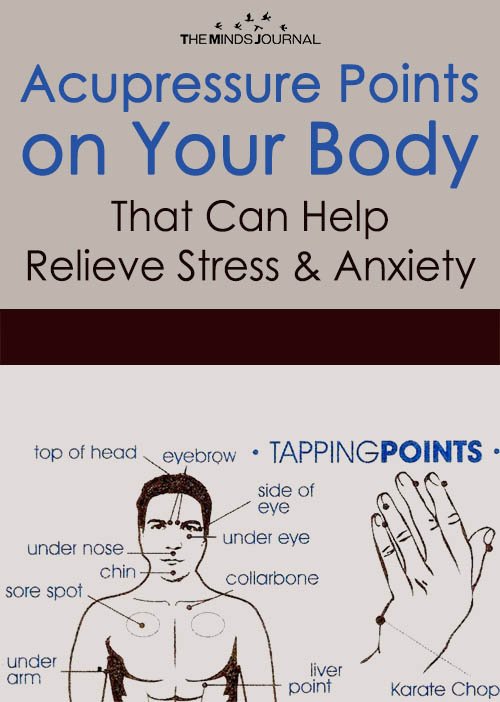
The heart point, located on your wrist, is one such point that may help alleviate anxiety and panic symptoms. To locate this point, place your index and middle fingers on your wrist, just below your thumb, and apply gentle pressure to the soft area between your tendons.
By stimulating the heart point, you can activate your body’s natural relaxation response and reduce the intensity of a panic attack. Acupressure is a safe and effective way to manage anxiety and can be easily done anywhere and anytime.
It’s important to note that while acupressure can be a helpful tool in managing anxiety, it is not a substitute for professional medical treatment. If you are experiencing frequent panic attacks, it’s important to seek help from a healthcare professional.
10. Seek professional help or talk to a therapist
If you’re struggling with panic attacks, seeking professional help can be an important step towards managing your symptoms.
A mental health professional can work with you to identify triggers and underlying issues that may be contributing to your panic attacks and help you develop personalized techniques to manage them.
Therapy or counseling can provide a safe space to talk about your experiences, explore the root causes of your panic attacks, and develop coping strategies to help you manage them.
It can be reassuring to have someone who understands what you’re going through and can offer guidance and support.
Effective coping skills for anxiety
Panic attacks, anxiety, depression, and stress are all common mental health issues that can be overwhelming and disruptive to daily life.
Related – 15 Effective Reminders For Anxiety That Will Help Comfort You
While they may have different causes and symptoms, there are some related lines that can help individuals manage these conditions and improve their overall well-being
Panic attacks are a manifestation of extreme anxiety and stress, which can be incredibly overwhelming for the person experiencing them.
Fortunately, there are effective coping skills for anxiety and depression that can help prevent panic attacks.
Here are some strategies to calm anxiety and improve overall well-being
1. Deep Breathing
Deep breathing is one of the simple but effective coping skills for anxiety. It involves taking slow and deep breaths. For instance, take a breath in through the nose and out through the mouth.
This can help to regulate the body’s response to stress and promote relaxation.
2. Exercise
Exercise is one of the best coping skills for stress and anxiety. It releases endorphins, which are natural mood boosters, and can help to reduce stress levels. Engaging in physical activity also provides a healthy distraction from anxious thoughts.
3. Self-Care
Practicing self-care is one of the most essential coping skills for stress and anxiety. Self-care activities include getting enough sleep, eating a balanced diet, spending time with loved ones, and engaging in hobbies or activities that bring joy.
4. Cognitive Behavioral Therapy (CBT)
CBT is a type of talk therapy that can be helpful for managing anxiety and depression. It focuses on identifying and changing negative thought patterns and behaviors that contribute to anxiety.
Related – 7 Strategies To Calm Anxiety You Never Heard About
5. Identifying triggers
Identifying triggers for anxiety can help you avoid or manage these situations. For instance, if social situations trigger anxiety, practicing relaxation techniques before attending events or avoiding certain situations may help.
Similarly, there are many anxiety coping skills for adults that can help them manage their stress levels and improve overall well-being.
What you can do when someone else is having a panic attack
It can be a scary and stressful situation for both the individual experiencing the panic attack and those around them.
Knowing what to do when someone else is having a panic attack can help you provide effective support and assistance.
Here are some steps you can take to help someone during a panic attack
- Panic attacks can be intense and overwhelming, but it’s important for you to remain calm and composed. Your calm presence can help the individual feel more secure and supported.
- Validate their feelings and reassure them that they are not alone.
- If possible, move the person to a quiet and safe place. This can help to reduce stimulation and provide a sense of security.
- Encourage the person to take slow, deep breaths in through their nose and out through their mouth. This can help to regulate their breathing and promote relaxation.
- Avoid making judgments or criticizing the person’s behavior during the panic attack. This can increase their anxiety and feelings of shame.
- Let them know that there are resources available, such as therapy or support groups, that can help them manage their anxiety.
Related – 11 Things People With Anxiety Want You To Know
Key Takeaway
Panic attacks and anxiety can be overwhelming, but there are many anxiety coping skills for adults that can help.
Coping skills for panic attacks such as grounding techniques, challenging negative thoughts, progressive muscle relaxation, visualization, and laughter can all be effective in reducing anxiety and stress levels during a panic attack.
It is important to remember that everyone’s experience with panic attacks is different, and it may take some trial and error to find the techniques that work best for you.
With the right strategies and support, it is possible to regain a sense of control and feel more confident in dealing with panic attacks.
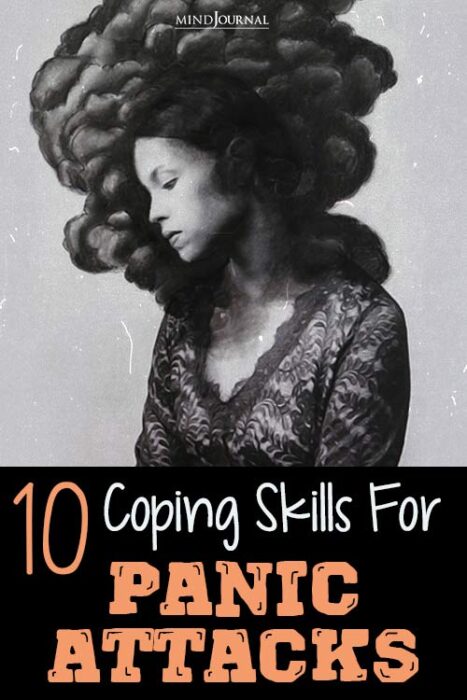
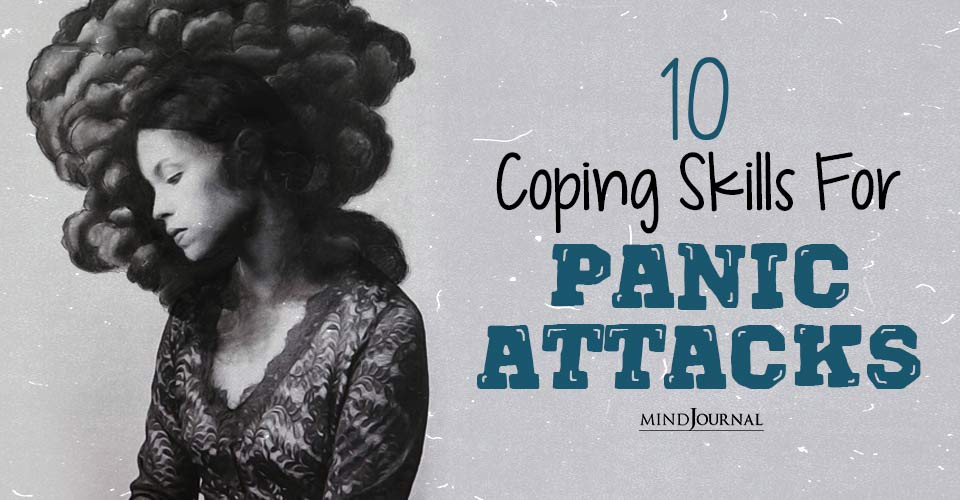
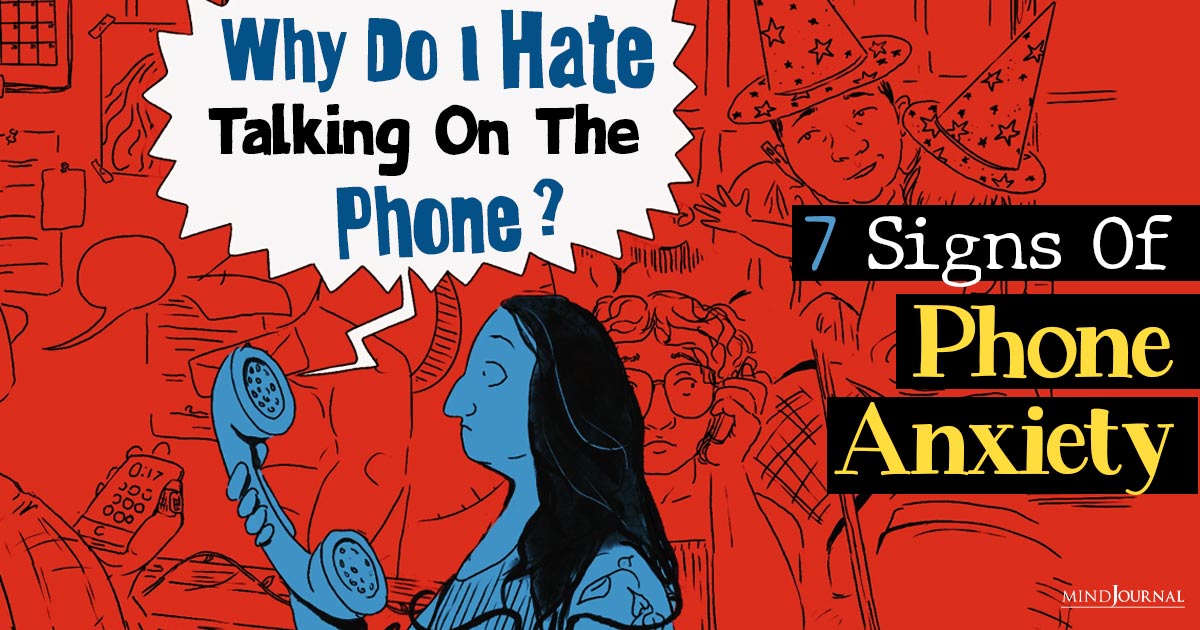
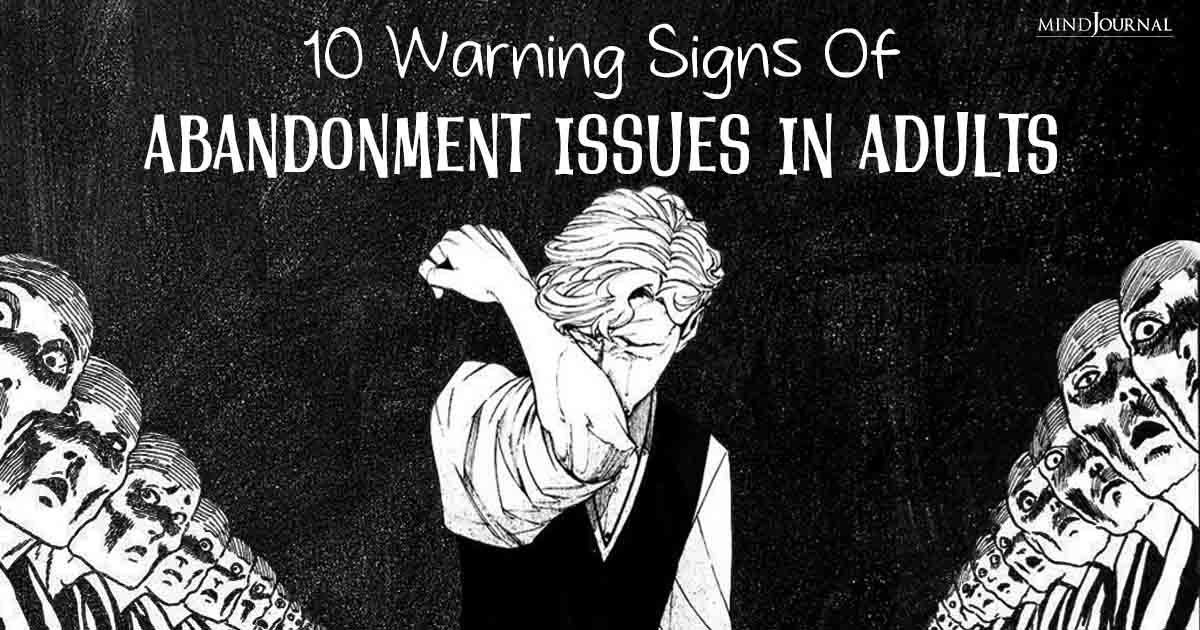
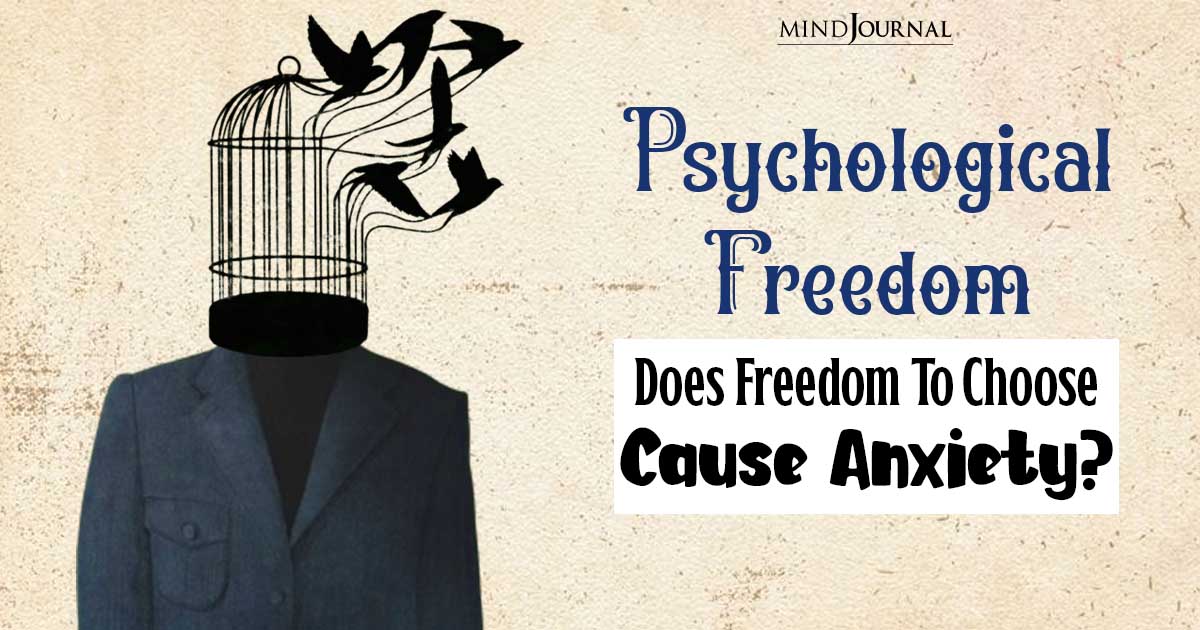
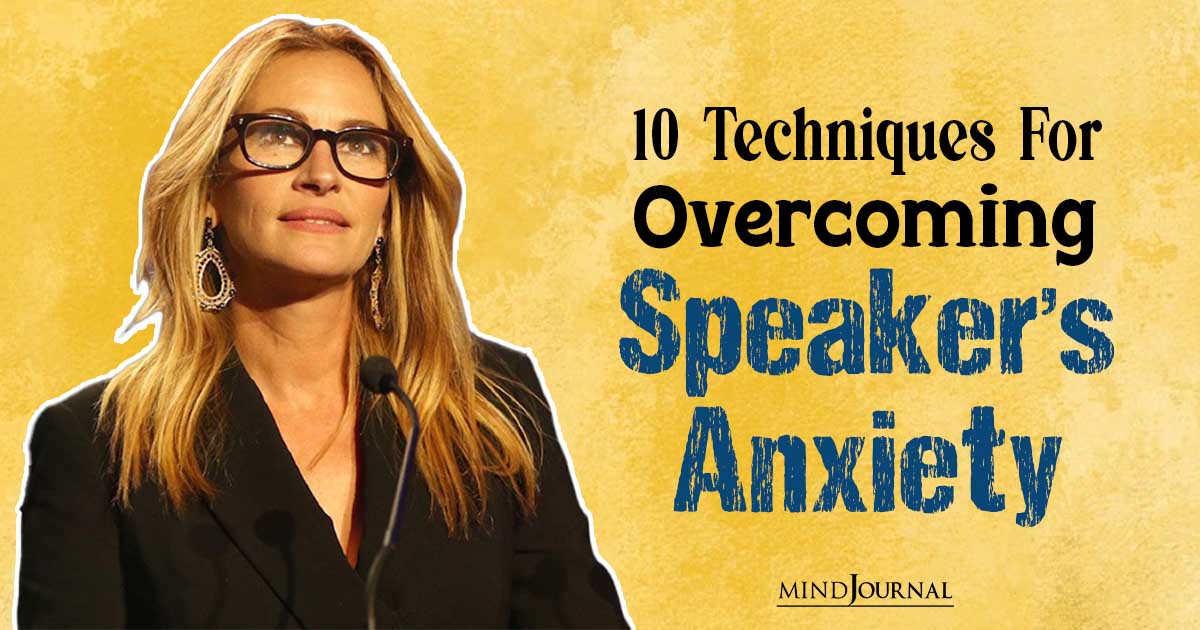

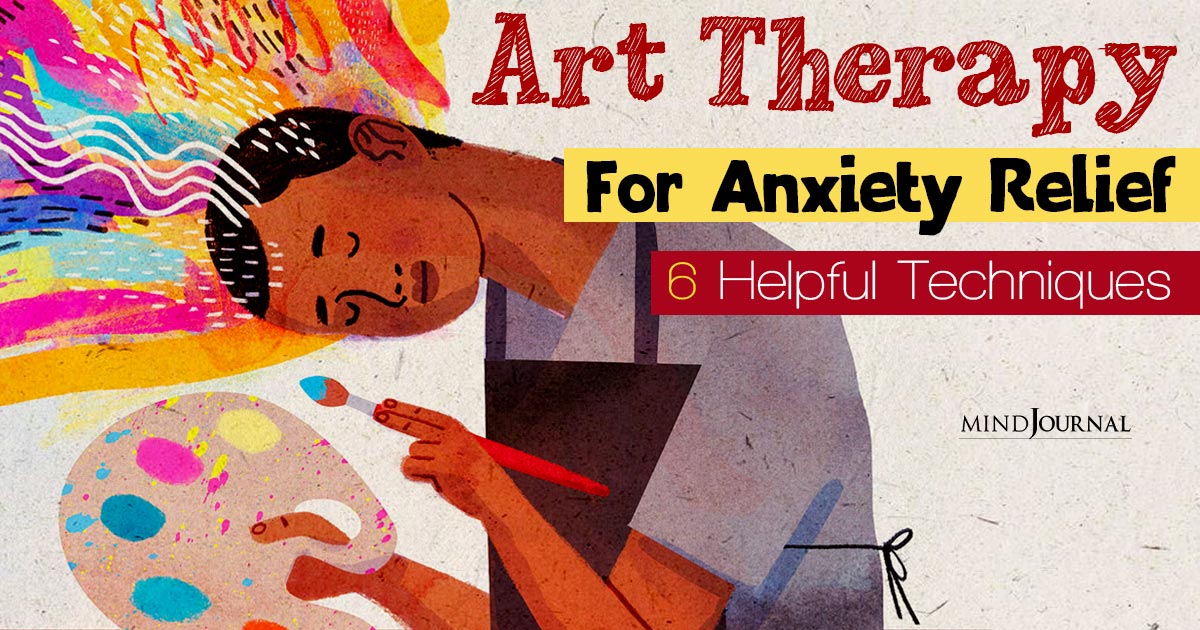
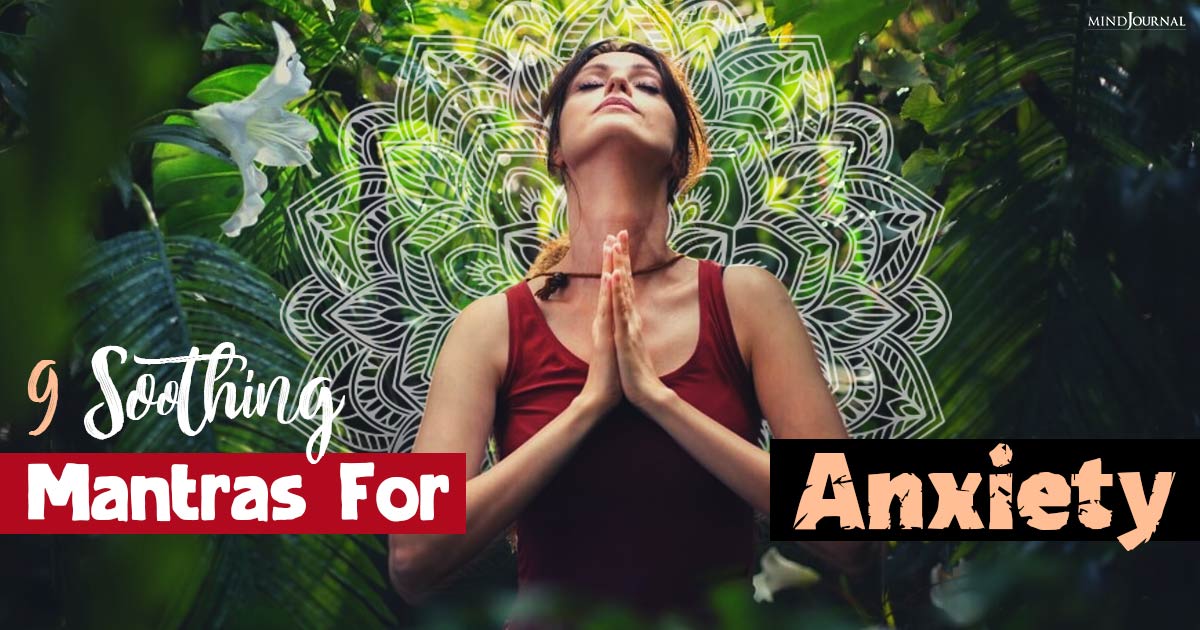
Leave a Reply
You must be logged in to post a comment.